
Robots Are People Too
How Siri, Google Car, and Artificial Intelligence Will Force Us to Change Our Laws
Read offline
Recommendation
Attorney John Frank Weaver, an expert on artificial intelligence and the law, addresses the emerging legal positives, negatives and complications related to robots and artificial intelligence (AI), both weak and strong. He goes over several distinct arenas of human interaction, one at a time, in a way that allows him to build a cumulative argument. Weaver discusses technological developments in both historical and legal contexts as he analyzes how AI will affect your work and your life. Tech geeks who revel in the potential future of this technology will welcome his humorous riffs on great robots and droids from popular culture. getAbstract recommends Weaver’s informed and sobering consideration of AI to anyone who follows technological trends, economics and future visions of society. It will also intrigue entrepreneurs, investors, and those working in defense and automotive fields, manufacturing, shipping, medicine or home care.
Summary
About the Author
A specialist in artificial intelligence and the law, John Frank Weaver is an attorney with McLane, Graf, Raulerson & Middleton in Portsmouth, NH.








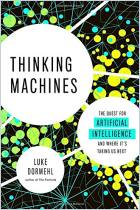

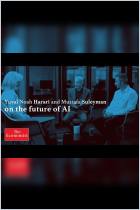
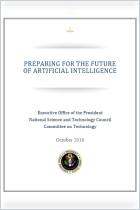
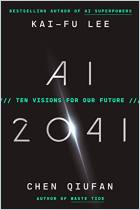
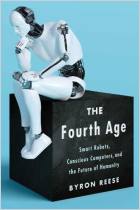
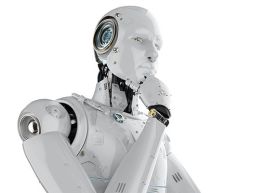

Comment on this summary or Начать обсуждение